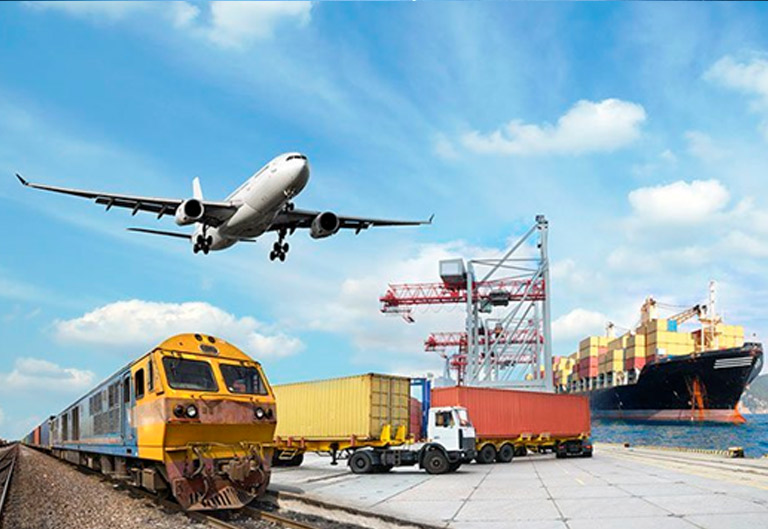In today's fast-paced world, efficient and reliable transportation is crucial for the smooth functioning of various industries. When it comes to transporting goods and resources, pipeline transport has emerged as a game-changer, offering numerous advantages over traditional road transport. In this article, we will explore the key benefits of pipeline transport and why it surpasses road transport in terms of efficiency, cost-effectiveness, safety, and environmental impact.
- Enhanced Efficiency:
Pipeline transport provides unparalleled efficiency compared to road transport. By utilizing a network of interconnected pipelines, it enables continuous and uninterrupted flow of goods, eliminating the need for multiple stops and transfers. This streamlined process minimizes handling time, reduces delays, and optimizes the overall transportation timeline. Additionally, pipelines can operate 24/7, ensuring round-the-clock delivery, which is particularly advantageous for industries with time-sensitive operations. - Cost-effectiveness:
One of the major advantages of pipeline transport is its cost-effectiveness. While initial construction costs may be higher than building roads, pipelines offer significant long-term savings. They require minimal maintenance and have a longer lifespan compared to roads, reducing ongoing operational expenses. Moreover, pipelines have a higher capacity for transporting large volumes of goods, resulting in economies of scale and lower transportation costs per unit. This cost advantage makes pipeline transport an attractive option for industries dealing with bulk commodities such as oil, gas, and chemicals. - Safety and Reliability:
Pipeline transport boasts exceptional safety and reliability features, surpassing road transport in this aspect. Pipelines are designed to minimize the risk of accidents, leaks, and spills, ensuring the protection of goods, the environment, and public safety. With advanced monitoring systems and automated controls, pipelines can detect and respond to potential issues promptly, preventing major disruptions. Unlike road transport, which is susceptible to traffic congestion, accidents, and adverse weather conditions, pipelines offer a more secure and predictable mode of transportation. - Environmental Impact:
In an era of increasing environmental consciousness, pipeline transport stands out as a greener alternative to road transport. Pipelines significantly reduce carbon emissions and air pollution compared to trucks and other road vehicles. By minimizing the reliance on fossil fuel-powered engines, pipeline transport helps mitigate climate change and improve air quality. Additionally, pipelines have a smaller ecological footprint, as they require less land and have a lower impact on wildlife habitats compared to road infrastructure.
Conclusion:
Pipeline transport offers a multitude of advantages over road transport, making it a preferred choice for industries worldwide. Its enhanced efficiency, cost-effectiveness, safety, and positive environmental impact make it a reliable and sustainable mode of transportation. As industries continue to evolve and prioritize efficiency and sustainability, pipeline transport will play an increasingly vital role in meeting their transportation needs.

